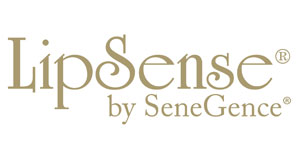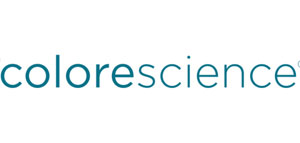Nails
Your doctor will examine your nails. He or she may also take some nail clippings or scrape debris from under your nail and send the sample to a lab to identify the type of fungus causing the infection.
Other conditions, such as psoriasis, can mimic a fungal infection of the nail. Microorganisms such as yeast and bacteria also can infect nails. Knowing the cause of your infection helps determine the best course of treatment.
Treatment
Medications
Antifungal drugs that you take orally or apply to the nail. In some situations, it helps to combine oral and topical antifungal therapies.
- Oral antifungal drugs. These drugs are often the first choice because they clear the infection more quickly than do topical drugs. Options include terbinafine (Lamisil) and itraconazole (Sporanox). These drugs help a new nail grow free of infection, slowly replacing the infected part. You typically take this type of drug for six to 12 weeks. But you won’t see the end result of treatment until the nail grows back completely. It may take four months or longer to eliminate an infection.
- Medicated nail polish. Antifungal nail polish called Efinaconazole (Jublia). You paint it on your infected nails and surrounding skin once a day. After seven days, you wipe the piled-on layers clean with alcohol and begin fresh applications. You may need to use this type of nail polish daily for almost a year.
- Medicated nail cream. Antifungal cream, which you rub into your infected nails after soaking. These creams may work better if you first thin the nails. This helps the medication get through the hard nail surface to the underlying fungus.
- Surgery Possible temporary removal of the nail so that the antifungal drug can be directly applied to the infection under the nail. Some fungal nail infections don’t respond to medicines, in which case permanent nail removal may be advised if the infection is severe or extremely painful.
If you are suffering from nail issues have your family doctor refer you to Dr. Patenaude to review treatment options to help reduce your symptoms.





